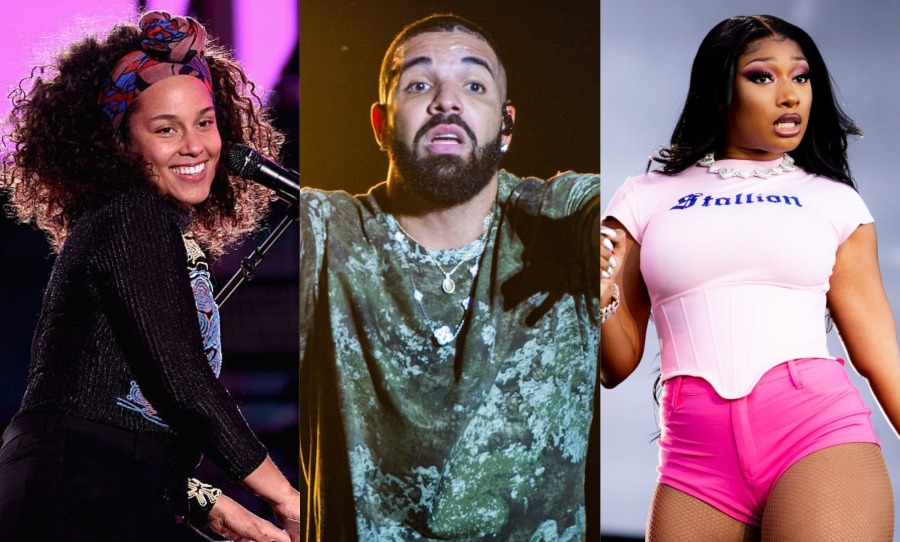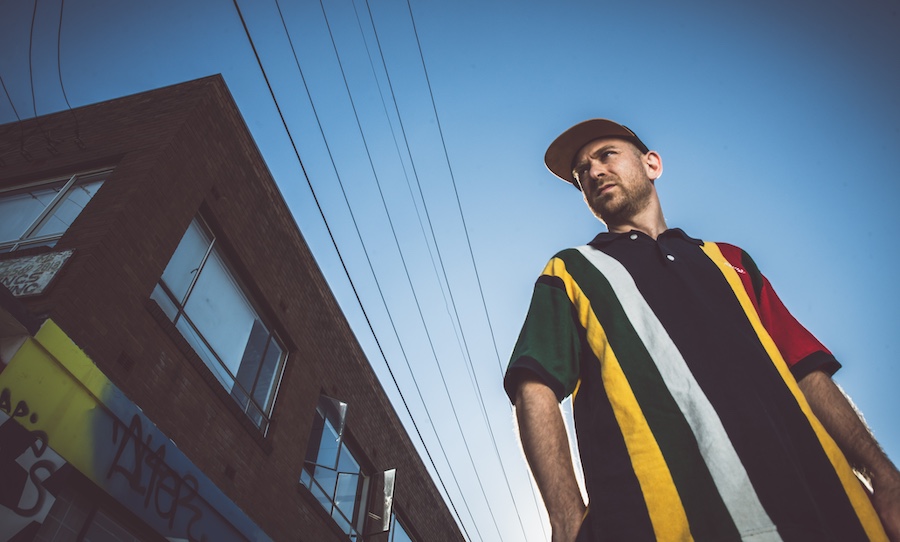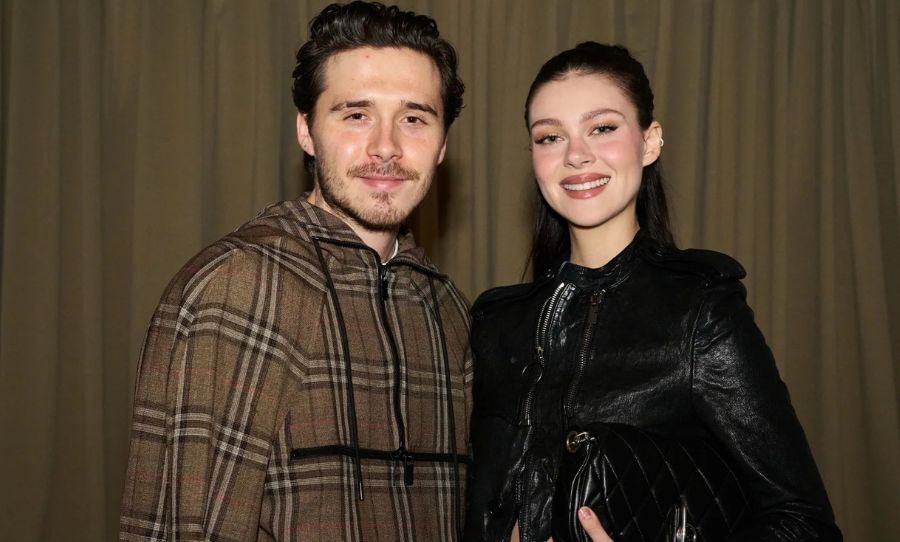Alicia Keys, Drake and Megan Thee Stallion are among the dozens of artists who’ve signed ‘Art on Trial: Protect Black Art’, an open letter protesting the use of rap lyrics in court.
The letter was written and published by Warner Music Group. It defends musicians’ creative expression, and calls for restrictions to be placed on the use of rap lyrics as evidence in US courts — especially as a means of “criminalis[ing] Black creativity and artistry,” the letter reads.
“In courtrooms across America, the trend of prosecutors using artists’ creative expression against them is happening with troubling frequency…. More than any other art form, rap lyrics are essentially being used as confessions in an attempt to criminalise Black creativity and artistry.”

View this post on Instagram
The letter goes on to demand that prosecutors “voluntarily end this practice in their jurisdictions,” arguing that it “disregard[s].. free speech and creative expression” and “further punish[es] marginalised communities.” Alongside Keys, Drake and Megan Thee Stallion the ‘Protect Black Art’ signees span a host of fellow musicians, as well as industry executives and legal experts.
Among the letter’s signatories are hip-hop musicians Future, Post Malone, 50 Cent, Big Sean, Jack Harlow, Roddy Rich, Polo G, 21 Savage, 2 Chainz, Travis Scott and Mary J Blige. Elsewhere, the letter includes signatures from non-rap artists including Coldplay, Christina Aguilera, John Legend and Normani, among many others.
A slew of major record labels also supported the letter, with signatures provided by Universal Music, DefJam Recordings, Sony Music and RCA Records. Meanwhile, streaming services like Spotify, Tidal, SoundCloud and YouTube Music also noted their support, alongside social media platform TikTok and ticketing agency Live Nation.
Alicia Keys, Drake and Megan Thee Stallion are among the dozens of artists who’ve signed ‘Art on Trial: Protect Black Art’, an open letter protesting the use of rap lyrics in court.
The letter makes specific mention of the allegations currently faced by Young Thug and other members of his Young Stoner Life record label. Earlier this year, Young Thug was indicted for suspicion of gang involvement, with the unfolding court case relying heavily on the rapper’s lyrics as criminal evidence. “The use of lyrics against artists in this way is un-American and simply wrong,” the letter said of Young Thug’s case.
A similar case protesting rap lyrics as evidence was spearheaded by Jay-Z and Kelly Rowland earlier this year. In January, the artists threw their support behind a bill proposed in New York to prevent prosecutors from citing lyrics as evidence, except in cases of “clear and convincing proof” that the words are linked to a crime.



